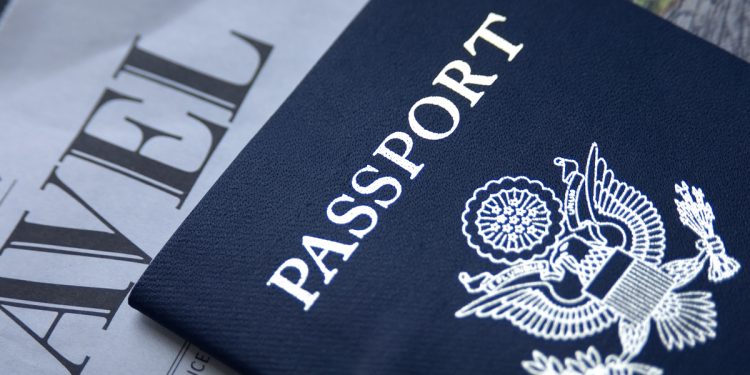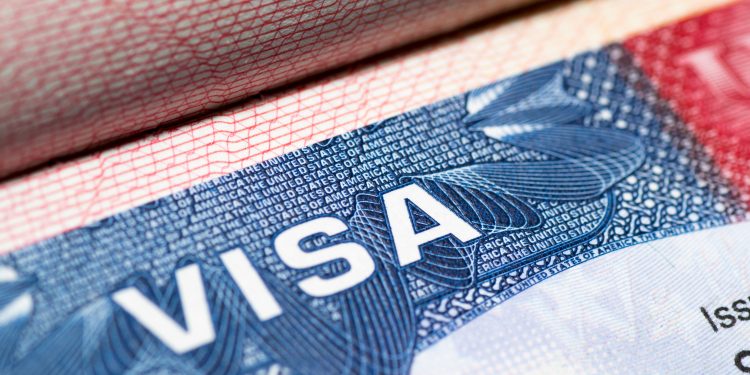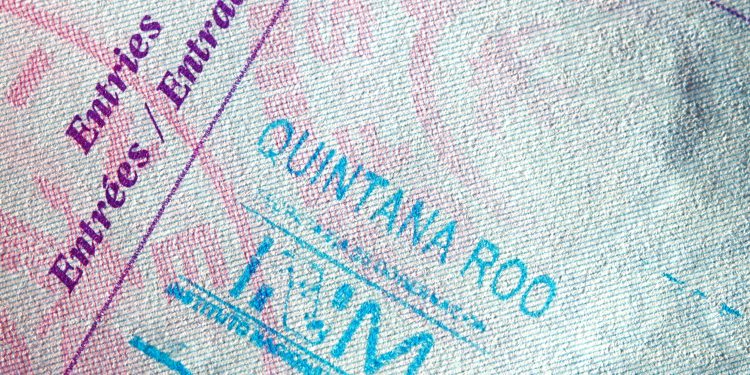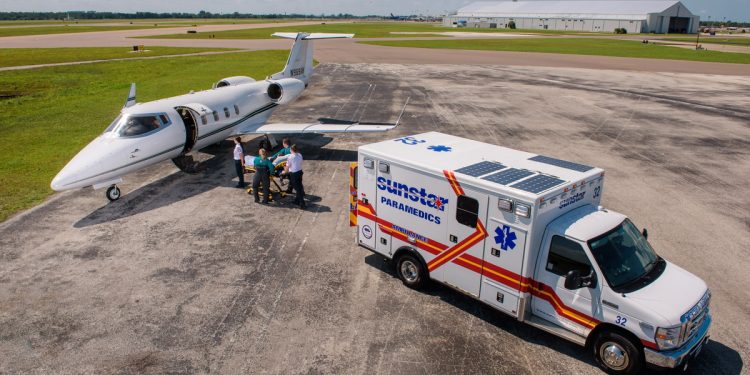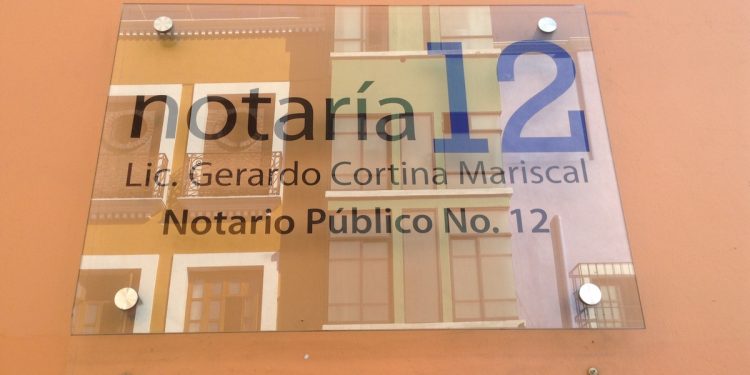Many countries have an embassy and/or consulate based in Mexico. Embassies are set up principally to facilitate trade and diplomatic relations in a foreign territory, and their Consular sections also provide some services to support their citizens while they are abroad.
Foreign embassies are always located in the capital (Mexico City), although some of these countries —particularly the US, Canada, and the UK— also have a network of satellite consulates situated in some provincial towns and cities across Mexico, most usually in places aligned with their strategic commercial interests.
Important note for dual-nationals
If you hold dual-nationality in Mexico, e.g. US-Mexican citizen, the foreign consulate will not normally be able to offer you consular assistance or intercede on your behalf with local authorities when you are in Mexico.
Assistance offered by consulates in a crisis
Although Consulates offer a number of useful services to their citizens, the assistance they provide also has limitations. The exact services and limitations vary from country to country, but the ones listed here are the principal services offered by most consulates. This page of the US State Department website gives a summary of what an American consulate can and cannot do in a crisis. Other countries’ policies are likely to be similar.
Services provided by most foreign consulates in Mexico
Passport replacement
The most common service provided by consulates is the issue of replacement or emergency passports to their citizens when the documents are lost, damaged, stolen, or expired; as well issuing new passports to offspring and dependents of citizens where the country’s policy allows for foreign-born offspring and dependents to carry them. Some countries (for example, the UK) have centralized their passport-issuing work, and where this is so, the consulate only issues emergency passports in Mexico.
Post-trauma support
Consulates provide help if you have suffered a serious assault, have become a victim of crime, or if you are hospitalized, although note that they don’t pay medical costs—see limitations below. In the unlikely event that you become a victim of a serious crime, you should report this immediately to the local police as well as your country’s Consulate.
Referrals to local professionals
Consulates will also provide details of known local professionals: healthcare professionals, attorneys, and funeral directors are the most commonly sought-after. They do not recommend or guarantee these services, but instead provided a curated directory of people or firms who are established in Mexico.
Missing persons
Consulates will also provide assistance where children have been abducted, a death of a citizen occurs, and where people go missing, although with limitations—see ‘Investigation Work’ below.
Detainee support
In the event that you are detained by the Mexican authorities, your country’s Consulate will try and make contact with you after they have been informed of your detention. They will also contact friends or relatives if you ask them to. If you are arrested, you should ask the authorities, at once, for permission to contact your Consulate and inform them of your detention. See also note about dual-nationals, below.
Major incidents and crises
Should a civil disturbance, a natural disaster, or terrorist-related incident take place, Consulates might make special arrangements to provide additional support for their citizens. In the unlikely event of a major catastrophe, your Consulate may set up, at its own discretion, an emergency program to provide direct and/or indirect assistance to its citizens affected by the event. If you are an American citizen and need to be evacuated, note that the US charges its citizens for evacuation based on the price of an economy-class flight ticket. If you are living in Mexico, registering at your local Consulate could expedite any assistance you or your family may be offered.
Things that your country’s consulate cannot do
Getting a Mexican visitor visa or residency permit
Consulates cannot help you get a visa to enter Mexico. Tourist and business visitor visas for Mexico are straightforward to obtain by citizens emanating from many countries; beyond this scope, and for work permits and residency, you will need to adhere to Mexican immigration policy. If you are seeking employment in Mexico, your country’s consulate cannot help you with your search, nor obtain a work permit for you.
Legal interventions
Your country’s consulate cannot interfere in the Mexican legal, judicial, and immigration rules and processes. They cannot get you out of jail, or prevent you from having your immigration status altered or revoked. They cannot demand better treatment for you in prison than that which is given to Mexican citizens.
Investigation work
The consulate will not investigate any crimes or undertake a search for a missing person; neither can they give you legal advice, although they may be able to give you a list of private investigators and/or attorneys you may contact directly for legal help in these matters. You will need to self-fund your investigations and/or legal defense in the case of any proceedings being brought against you.
Money and loans
The consulate cannot give you any money, pay medical or legal fees, or cover any bills you may incur if you get into trouble locally. In exceptional circumstances, some consulates might lend some money to you from a public fund, most usually for repatriation costs in extreme cases, and this money must be repaid.
Notes about insurance coverages while you’re in Mexico
We recommend that you are properly insured when you are visiting, or living in, Mexico. Private medical expenses are high in Mexico, and if you require hospitalization after a major accident, they can easily amount to tens of thousands of US dollars within a short period of time.
- Only resident immigrants (with a residency visas) are entitled to apply for medical care offered under Mexico’s state healthcare system and, even then, many opt to pay for private treatment.
- If you are in Mexico for a short or defined period, and have access to medical care in your home country, you might consider getting a medical evacuation plan.
- If you’re in Mexico for an extended stay, consider your medical and healthcare coverage options while you’re here as travel insurance policies don’t cover long-term visits or foreign residents.
- If you drive your car to Mexico, be sure that you arrange full insurance cover: US and Canadian auto policies do not extend to Mexico. Top-up policies are available at reasonable premiums and you can find details of them on our Guide to Auto Insurance in Mexico.
Mexico in your inbox
Our free newsletter about Mexico brings you a monthly round-up of recently published stories and opportunities, as well as gems from our archives.

